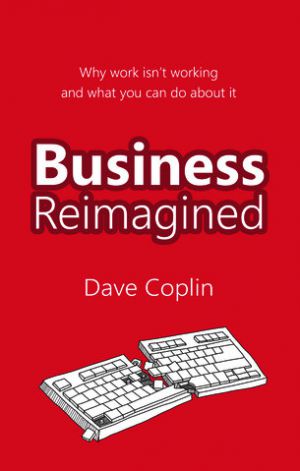
Santander is an elegant city on Spain?s northern coast whose surrounding mountains are said to glow at sunset. But it is when the sun goes down that the true magic happens.
Street lamps automatically dim when there is a full moon or when the road is empty, bins send an alert to be emptied when they are full and drivers are directed to the nearest free parking spaces. It is all due to an experiment involving 12,000 sensors installed across the city, measuring everything from light, pressure, CO2 levels and humidity, to the movement of people, public transport and cars.
Santander is a connected city, one that is smart.
A living picture of the city is created through connecting these separate but interconnected pools of data and analysing them can transform how Santander operates and its inhabitants live. This ?smart city? is just one example of how big data are going to transform our world.
An expanding amount of data are being created as more people, devices and things become connected ? we have entered the age of the ?internet of everything?, also called ?the internet of things?, a world where there are almost twice as many bytes of digital data as there are litres of water in all the world?s oceans.
It is not the amount of data that is important; it is what is done with it.
Using analytics, artificial intelligence and machine learning technologies to collect, connect and crunch enormous, disparate data sets is what will underpin new waves of economic growth, innovation and human endeavour.
Big data offer three huge opportunities: they will bring new insight, helping us understand the world and ourselves in a way that we never could before; they will enable an era of innovation; and they will lead to the creation of transformative services, changing the way we do things. Fundamentally, they will change society and what it means to be human. Analysing big data sets can provide incredibly powerful results. Take an example about how it can transform the way we tackle bullying. University of Wisconsin researchers created a machine learning algorithm ? a system that can learn from data ? to spot bullying among the 250m daily posts on Twitter.
It found 15,000 bullying-related tweets a day and was able to identify the bullies, their victims, accusers and defenders. This type of big data initiative could be used to identify children in need of help and intervention.
Another project, involving the mobile phone data of 50,000 people showed that it was possible to be able to predict the future locations of individuals with 93 per cent accuracy ? a showcase of how big data bring greater understanding of human behaviour.
The pace of technological innovation is at times scary as it challenges our understanding of what it means to be human.
When automobiles were first invented, someone was legally obliged to walk in front of cars carrying a red flag. It is ridiculous that you would want to restrict a vehicle to the walking pace of a man. We face a similar inflection point now with the revolutions possible with big data.
Take learning a foreign language. It is a cornerstone of most children?s education around the world but we have to ask whether this is now redundant.
Many would balk at this suggestion. But big data, coupled with machine learning, power instant language translation services, accessible on our mobile devices, that up to now have worked pretty well with text. These will soon be able to translate live speech almost perfectly in real time.
So should we bother to teach children a foreign language when big data-powered technology could soon do it better and much more efficiently?
As a society we have to address these types of questions just as we have addressed them at similar moments in our evolution to date ? notably the introduction of cheap pocket calculators and their disruptive role in maths education in the 1980s.
Big data provides the opportunity to change the way we live and the world that we live in. It can help solve some of society?s greatest challenges but moral, cultural and consumer concerns need to be properly understood and addressed before the full transformative potential of big data can truly be realised. Big data will change humanity if humans allow it to.
-------------------------------------------
The writer is chief envisioning officer at Microsoft UK